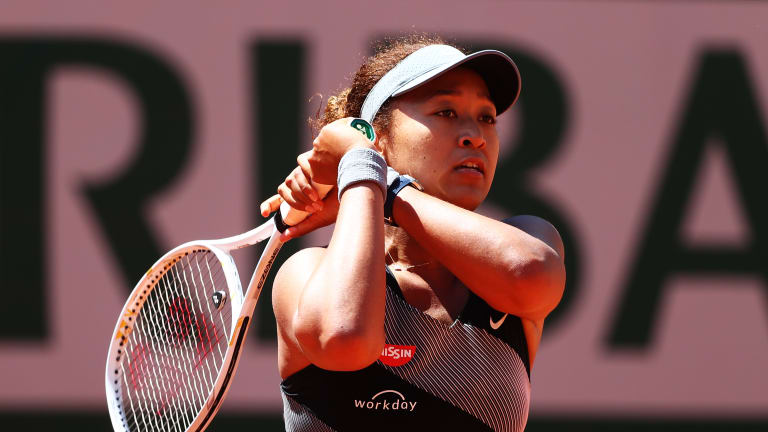Roland Garros
Naomi Osaka could face "tougher sanctions" for press boycott; for now, she lets her racquet do the talking
By May 30, 2021Roland Garros
Rafael Nadal withdraws from French Open with hip injury; 2024 likely to be last year on tour
By May 18, 2023Roland Garros
French Open organizers give wild cards to veterans Paire and Mladenovic
By May 15, 2023Roland Garros
Novak Djokovic: 19 stats for his 19th Grand Slam title
By Jun 14, 2021Roland Garros
Five Things To Know About Barbora Krejcikova’s Win At Roland Garros
By Jun 14, 2021Roland Garros
Ranking Reaction: Tsitsipas hits new high of No. 4, Krejcikova surges into Top 20
By Jun 14, 2021Roland Garros
How do Novak Djokovic, Rafael Nadal and Roger Federer stack up, post-Paris?
By Jun 14, 2021Roland Garros
The Rally: Is Novak Djokovic's Roland Garros triumph the most remarkable of his 19 Slam-title runs?
By Jun 13, 2021Roland Garros
Dani's Take: Krejcikova's triumph, Djokovic's usurpation, and taking stock of the final 72 hours in Paris
By Jun 12, 2021Roland Garros
The Rally: At a French Open where new faces confronted big moments, Barbora Krejcikova completes a breakout singles run
By Jun 12, 2021Naomi Osaka could face "tougher sanctions" for press boycott; for now, she lets her racquet do the talking
Is the star highlighting an essential mental-health issue, or freezing out her best messenger? We won’t know until she tells us more.
Published May 30, 2021
Advertising
Advertising

There was plenty of focus on Naomi Osaka in Paris on Sunday, both for her on-court play, and her off-court boycott.
© Getty Images